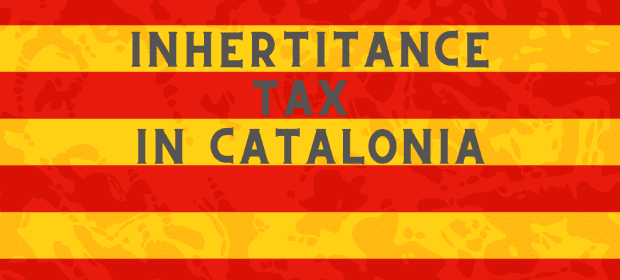What better subject to discuss, than one closest to the heart of someone living and studying in Europe.
Geneva Business School (GBS) in Barcelona, is a leading Business School providing cutting edge, innovative, Swiss quality education on a global scale. Part of their curriculum is to invite guest speakers along to hold a forum/debate on a topical subject, to enhance their knowledge, practice what they are learning and increase their debating skills.
So, where better to format the debate on discussing what the original reasons were for the EU being formed. Easy I hear you say. Ok, well we started discussing putting all the countries together and how that could make them stronger under one currency, against other economies. It was soon apparent that although this seems a sensible idea, did this work for everyone? Greece was debated as already being financially in trouble before it joined the EU, and has continued down that path, but why? When we looked at the Government debt of each country before joining the EU and present day, it’s clear many of the country’s debt has doubled; The UK, Greece, Italy, France to name but a few, but why haven’t others? No one was surprised Germany’s hadn’t, but why hadn’t it? We discussed Germany’s manufacturing capability compared to the other countries; this could well be a valid reason. There was mention of ‘black’ money still prevalent in certain countries, mainly Italy and Greece where in some places you still couldn’t pay by card, only cash. It was well known a few years back the Greek underground had been losing money hand over fist due to passengers not paying. Was there a cultural issue here that was denying the government, in those countries, of more revenue from tax?
Freedom of movement was on everyone’s lips as another good reason for the EU being born. Freedom to move elsewhere, find work, perhaps a new life, career. It was quickly pointed out this didn’t work for everyone, an Italian farmer (highlighted by an Italian student) would not agree this had worked well for him. Of course, you cannot please everyone and there are countries in the EU whose farmers receive subsidies to help.
Access to the common market, so trading made easier for countries in the EU, cheaper and more direct for them to sell within. This making them potentially more competitive than those outside it. This was a strong reason for the EU to be formed.
So there was one more, major reason, that after we discussed what it was, agreed that perhaps this could be the biggest reason for the EU being formed, but is hardly ever brought up. We discussed that during the Brexit negotiations this was hardly ever mentioned as a reason to remain, if it was its press headlines were minimal. When you are part of a team, whether it be a sports team or any other, you have a common reason/goal to make it work. You may have disagreements, but because you all want the same outcome, which benefits you all, you work hard to find a solution. Differences can be put aside, or debated, and there may be a skirmish occasionally but in general, conflict is usually avoided or at least minimal. Stopping wars and keeping the peace was one of the founding reasons for forming the EU, yet it hardly ever gets the status it should deserve.
So, taking all this into account, did we think the EU has been a financial success? Certainly not to everyone, but if you were a consultant brought in to investigate and make a decision, the debaters at Geneva Business School voted marginally it had. Wars cost money, however they can also generate it……
Other key questions asked were:
Where are we economically in the world?
We are in the second longest Bull Run in the history of the stock markets, we certainly aren’t on the bottom run of the ladder in terms of its upward curve, probably not in the middle, how long there is to go is anyone’s guess, but we are probably in the final third.
Government debt are at the highest rates ever, can it be repaid?
No. Even if we had ten more fantastic years on the stock markets, which is highly unlikely, it’s my belief it’s almost impossible to repay these. Looking at debt clocks is frightening and best not to be done!
Bitcoin, good investment or not?
The jury is still out on this, it continues to provide itself as an investment choice. Will it last? Do the bank’s want it to last? Will it be here tomorrow? For the high risk takers it’s a choice, for everyone else it’s too early to tell.
Property, a good investment in Barcelona?
Simply, if you are intending on holding it for a decade or so, and being able to fix the mortgage interest rate for life, it’s hard to advise against it. For anything less, you wouldn’t want all your investments in one asset class.
So, our final thoughts were, on Maslow’s Conscious Competence Model, where did we rate the EU? And the overwhelming answer was:
Conscious Incompetent – that is to say, the EU knows it isn’t working, and is arguably trying to fix it although isn’t sure how. But how much we wonder…….









